Living in Texas comes with challenges you might not expect.

Everything’s bigger in Texas, but not all of it is better. Moving to the Lone Star State may sound like a dream, with its booming economy, barbecue culture, and southern charm, but life here comes with challenges you might not expect. From extreme weather to sprawling cities, Texas offers its own unique blend of surprises.
Let’s uncover the harsh realities about living in Texas that often catch newcomers off guard.
1. The summer heat can feel unbearable.
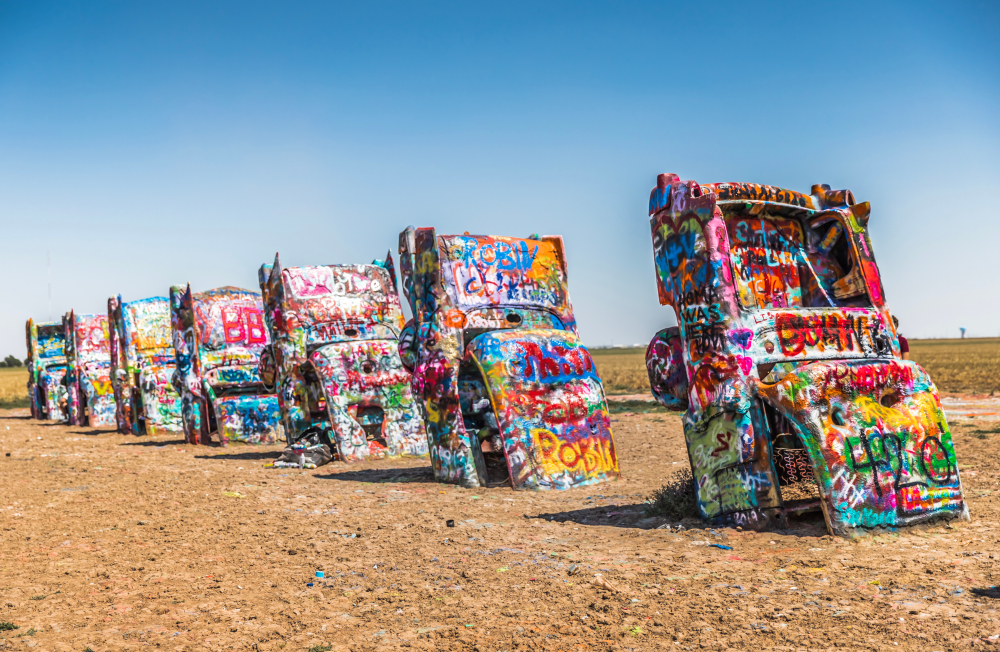
Texas summers are no joke. With temperatures often climbing above 100°F, the heat can feel relentless. Air conditioning becomes more than a convenience; it’s a necessity for survival. Outdoor activities can become almost impossible during peak hours, and the heat can take a toll on your energy and health.
The sweltering temperatures can also lead to higher utility bills. Keeping your home cool comes with a hefty price tag, especially during prolonged heat waves. If you’re not prepared for extreme heat, you might find yourself longing for cooler climates or spending your days indoors.
2. Traffic in major cities is a daily battle.
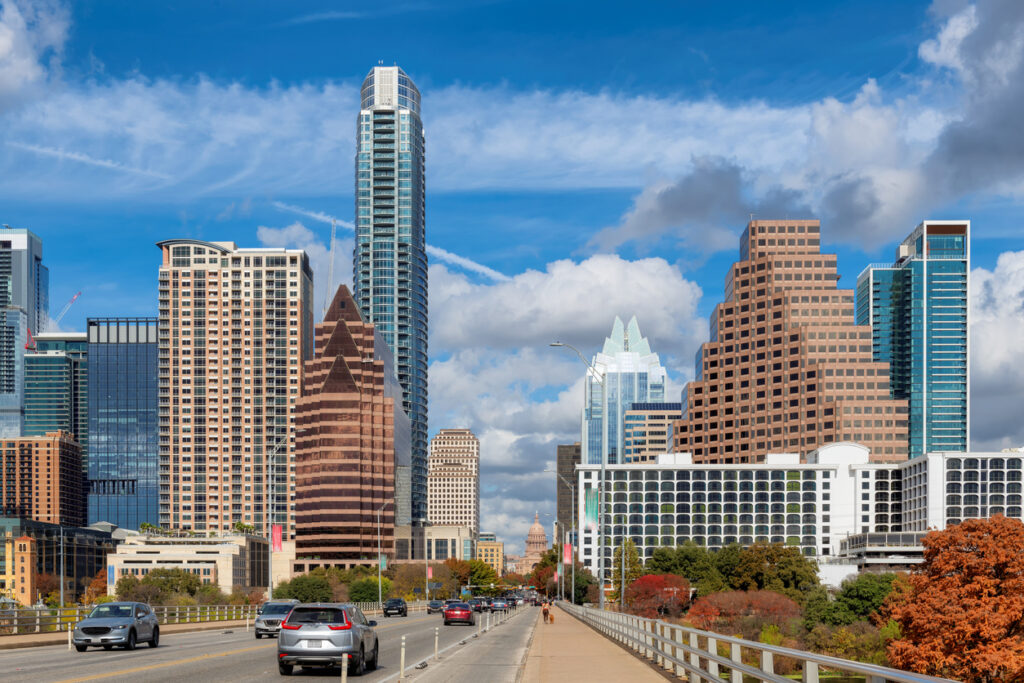
Cities like Houston, Dallas, and Austin are notorious for their traffic congestion. Rush hour can easily turn a 20-minute drive into an hour-long ordeal. Poor public transportation options mean most people rely on their cars, adding to the gridlock.
The constant traffic can wear on your patience and impact your daily routine. Whether it’s commuting to work or running errands, navigating through Texas cities often requires extra planning and a good dose of mental endurance. If you’re used to walkable cities, this adjustment can be tough. (Source- Axios)
3. Property taxes are sky-high.
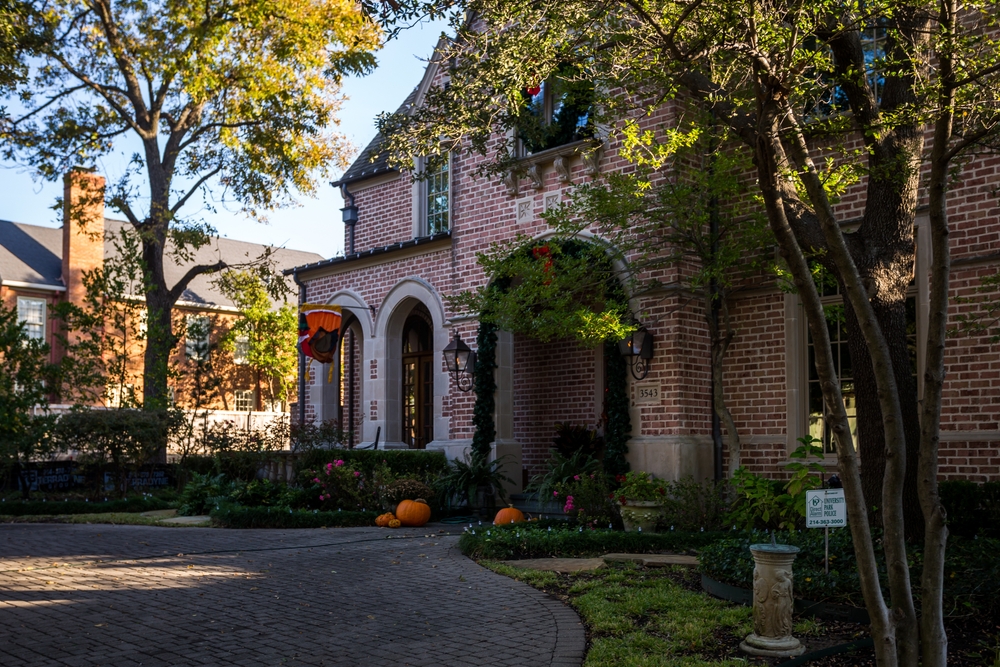
Texas may not have a state income tax, but it makes up for it with some of the highest property taxes in the nation. Homeowners often face sticker shock when they see their annual tax bills, which can significantly inflate the cost of homeownership.
This high tax rate can make it harder to save or invest in other areas. Even though the housing market may appear affordable, the property taxes can quickly offset any perceived savings. It’s an important factor to consider before deciding to settle down in the state.
4. The weather is wildly unpredictable.

In Texas, it’s not unusual to experience sunshine, thunderstorms, and hail—all in a single day. The state’s size and location mean it’s susceptible to a wide range of weather patterns, making it difficult to plan outdoor events or activities.
This unpredictability can also lead to severe storms, tornadoes, and even hurricanes in coastal regions. Texans quickly learn to stay prepared for sudden weather changes, but it’s an ongoing challenge for those who crave stability in their environment.
5. Bugs and critters are everywhere.

Texas’s warm climate is a paradise for pests. From fire ants to cockroaches, mosquitoes, and even scorpions, the local insect population is both diverse and persistent. Keeping them out of your home often feels like an uphill battle.
Wildlife can also pose challenges. Encounters with snakes or armadillos might sound charming at first, but they can quickly become a nuisance. Living in Texas requires a strong tolerance for all things creepy and crawly, whether you’re in the city or the countryside.
6. Healthcare access isn’t always great.

Despite its size, Texas ranks low in terms of healthcare accessibility and quality. Many rural areas suffer from a shortage of medical professionals and facilities, making it difficult for residents to receive timely care. Even in cities, wait times can be long.
The state also has one of the highest rates of uninsured residents. If you’re moving to Texas, ensuring you have adequate health insurance and proximity to a good medical facility should be a top priority to avoid potential pitfalls.
7. Public schools vary in quality.

Texas’s public school system is hit or miss. While some districts, like those in affluent suburbs, are highly rated, others struggle with underfunding and overcrowding. The quality of education your child receives largely depends on where you live.
This disparity often forces families to choose private schools or move to specific neighborhoods for better schools. It’s a harsh reality that education quality isn’t consistent across the state, creating an uneven playing field for students.
8. The cost of living is rising rapidly.

While Texas was once considered an affordable place to live, the cost of living has been increasing. Housing prices, in particular, have soared in recent years, especially in urban areas like Austin. Grocery and utility costs have also risen.
This surge in expenses is pricing out many residents who once found Texas appealing for its affordability. Combined with high property taxes, the growing cost of living is a significant hurdle for those trying to establish a comfortable lifestyle in the state.
9. Extreme weather events are frequent.
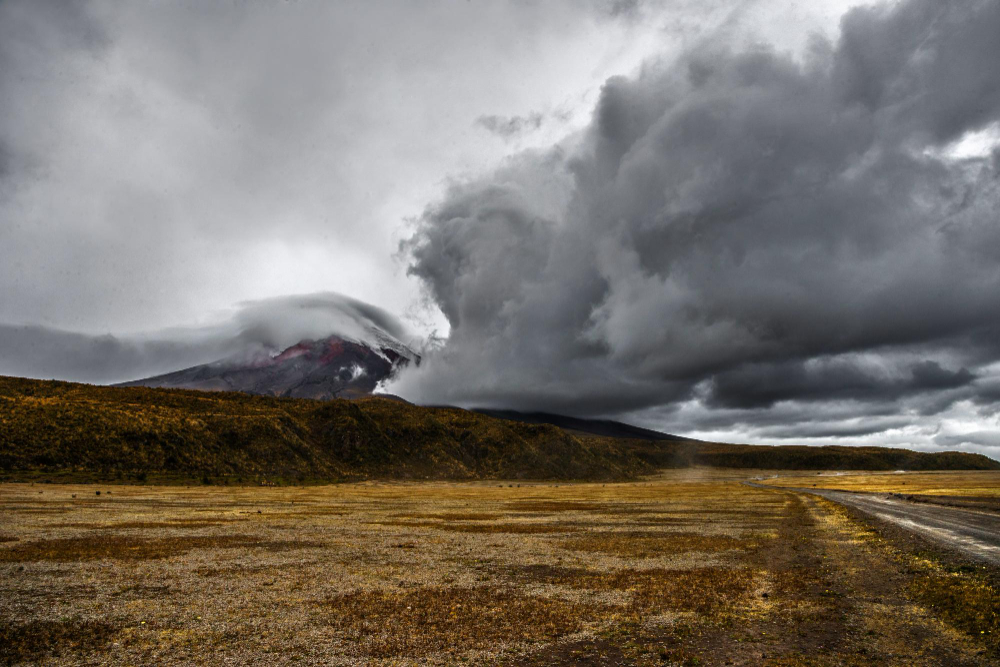
Texas is no stranger to natural disasters. From hurricanes along the Gulf Coast to tornadoes in the central and northern regions, extreme weather events are a regular part of life. These disasters can cause significant damage and disrupt daily living.
Preparing for such events often means investing in home insurance and emergency supplies. Residents need to stay vigilant, as these occurrences are not just occasional—they’re a constant reminder of nature’s power in Texas.
10. Public transportation is lacking.
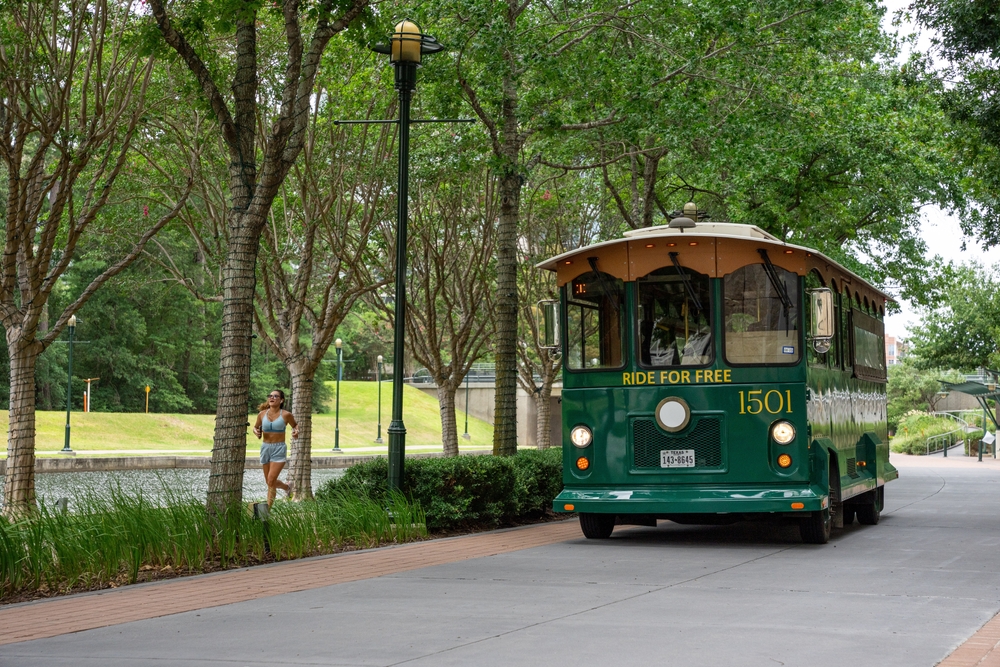
Unlike cities in other states with robust public transit systems, Texas cities fall short in this area. Most people depend on cars to get around, which isn’t ideal if you prefer eco-friendly or cost-effective commuting options.
The limited public transportation options make it difficult for those without vehicles to navigate the state. For newcomers accustomed to well-connected transit systems, this can be a significant adjustment and a source of frustration.
11. The culture can feel polarized.
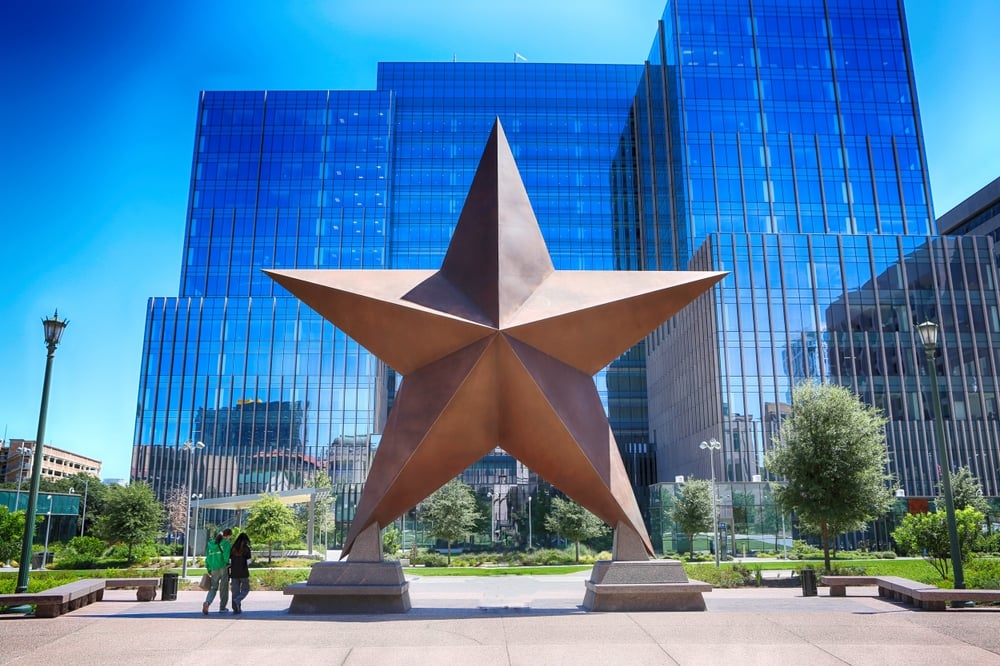
Texas is known for its fiercely independent spirit, which often translates into strong political and cultural divides. Depending on where you live, you might encounter vastly different attitudes and beliefs, which can be both refreshing and challenging.
This polarization can make it difficult to find common ground with neighbors or coworkers. Whether it’s debates over social issues or differing lifestyles, navigating Texas’s cultural landscape requires open-mindedness and adaptability.
